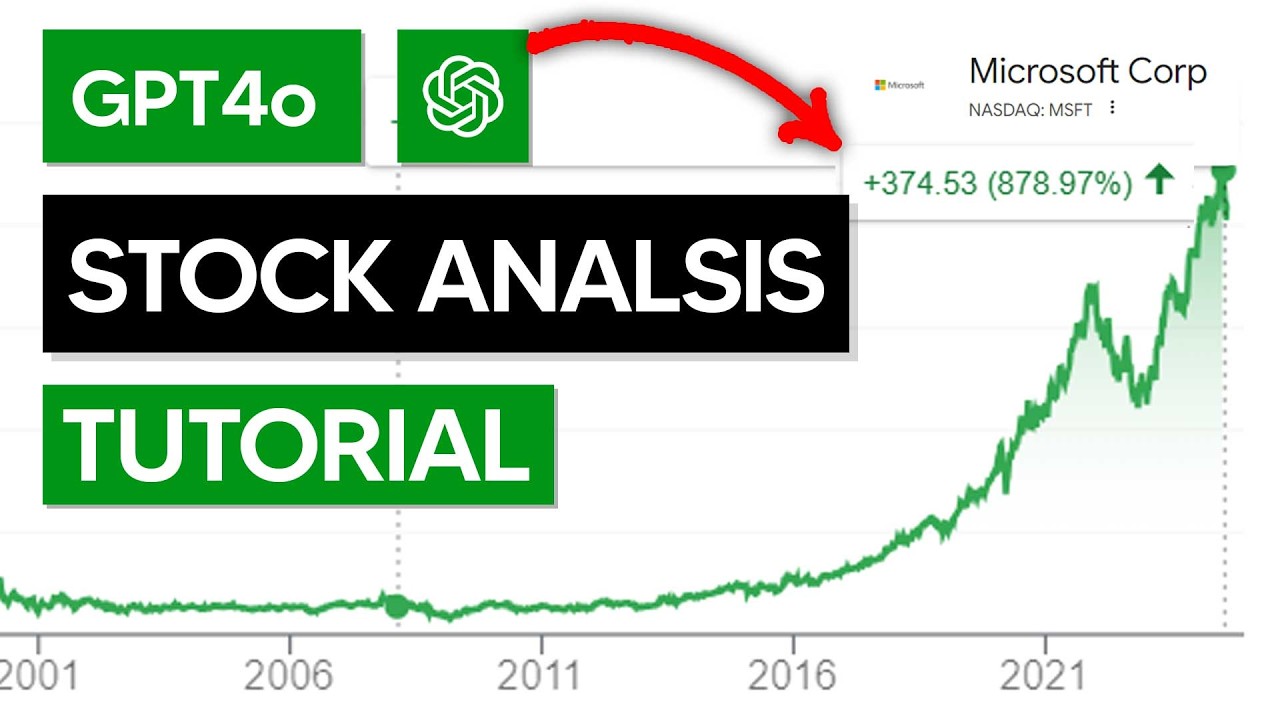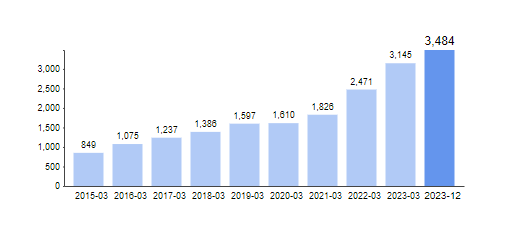Top 10 Tips For Staying Up-To-Date On Regulations For Ai Stock Trading, From The Penny To copyright
It is important to stay current on the most current regulations, especially in volatile markets such as the penny stock market and copyright. Regulations impact asset values and trading strategies. You can use these 10 suggestions to make sure you’re always up-to the latest on both traditional market conditions and copyright markets.
1. Be sure to follow the the Regulatory Authorities and Agencies
Be sure to check for updates frequently from regulators
For penny stock: U.S. Securities and Exchange Commission (SEC), FINRA and the Financial Conduct Authority (FCA) in the UK.
For copyright: U.S. Commodity Futures Trading Commission. SEC (for copyright classification). Global regulators, including European Securities and Markets Authority.
They are accountable to release information, updates, and enforcement action that affect the market’s rules.
2. Subscribe to Financial News Outlets
Sign up to reliable financial news sources, as well as services that cover regulatory changes.
Examples: Bloomberg, Reuters, The Wall Street Journal, CoinDesk, and The Block for copyright news.
What’s the reason? Financial news sources release regulatory news earlier and can help you stay on top of the most recent legal developments.
3. Participate in Industry Associations and Forums
Tip: Participate in industry forums or groups that regularly update you on regulatory issues.
CFA Institute and SIFMA (Securities Industry and Financial Markets Association) are both good sources of information on stocks.
For copyright: Blockchain Association, CryptoCouncil, and other trade associations focused on blockchain.
The reason: These organizations offer insights, host webinars and offer guidance on upcoming regulatory changes.
4. Track Legislative Developments
Tips Take note of laws and regulations pending in your country relating to cryptocurrencies, financial markets and other regulatory issues.
For Penny Stocks: Keep an eye out for the latest news regarding the regulations governing market manipulation and trading practices.
Pay attention to copyright taxation and stablecoins.
Why: Legislative and regulatory changes can have a significant impact on your plan.
5. Make use of platforms that are legal and regulated
Use platforms that monitor changes to the regulations and laws in the financial sector and copyright sectors.
For Stocks: Law360, LexisNexis.
copyright Regulatory News: CoinTelegraph.
Why? These platforms provide immediate alerts as well as in-depth analyses regarding regulations that may influence your trading.
6. Follow Market Analysts and Legal Experts
Tip: Follow analysts and experts in legal matters who specialize in financial regulation and copyright law on social media and professional platforms.
Follow SEC and financial analysts via Twitter and LinkedIn.
For copyright For copyright: Search for influencers, attorneys, and analysts who are keen on the copyright regulatory environment.
The reason: They provide timely insights and breakdowns on complex regulatory changes.
7. Watch for updates on the exchanges and brokers
Be sure to check regularly for updates on your broker or trading platform regarding regulatory compliance.
copyright exchanges like copyright copyright copyright copyright and copyright frequently issue compliance updates.
Brokers such as E*TRADE Charles Schwab and TD Ameritrade often provide information about the trading restrictions.
Why: Exchanges tend to be more responsive to changes in regulations than the general market. They may give valuable information on changes in legal standards.
8. Make use of AI to Analyze Regulatory Risk
Tip: Incorporate AI tools that monitor and analyze the risk factors for regulatory compliance across markets. AI can look up government publications, media outlets and law databases.
What’s the reason? AI can identify any regulatory changes or risk ahead of time, which means you can modify your trading strategy proactively.
9. Be aware of taxation laws
Stay up-to-date with the latest tax laws and regulations affecting both copyright and stock investments.
Stocks: Keep up with the latest updates on tax laws, the latest rules for reporting, and tax loss harvesting.
Taxation Rules for copyright Transactions Find out the IRS’s position on taxation of copyright.
The reason is that tax regulations have the potential to substantially impact net income. This is particularly true due to the increasing interest in copyright taxation.
10. Participate in Webinars, Conferences, and Webinars
TIP: Go to online conferences and webinars about copyright and financial regulation.
Examples: Webinars from the SEC or CFTC. Or conferences such as the Consensus on copyright Regulations.
Why: Industry conferences are a good way to get direct feedback from regulators, as well as gain insights from experts regarding future changes to the regulatory system.
Bonus: Automated Compliance Management
Utilize AI-based monitoring tools to automate the process of checking for changes to regulations and their effect on your company.
The reason: Automating your compliance allows you to keep up-to-date without the need to track changes to the law. Your trading system will adapt automatically.
These tips will help ensure that you are compliant with current rules when it comes to trading copyright and penny stocks. Being informed and proactive can help reduce legal risk and enable you to profit from the opportunities that exist in a controlled market. See the top rated ai stock prediction advice for blog tips including ai stocks to buy, trading ai, ai copyright prediction, stock market ai, ai trading, best stocks to buy now, trading chart ai, ai stocks, ai for trading, ai trading app and more.

Top 10 Tips For Starting Small And Scaling Ai Stock Selectors For Stock Predictions, Investments And Investments.
Scaling AI stock analysts to create stock predictions and to invest in stocks is a great method to lower risk and understand the intricacies of AI-driven investments. This strategy allows for the gradual improvement of your models and also ensures that you are well-informed and have a efficient approach to stock trading. Here are 10 tips to start small and scale up efficiently using AI stock selectors:
1. Begin with a Focused, small portfolio
Tip: Begin by building a portfolio that is concentrated of stocks you are familiar with or that you have done a thorough research on.
Why: A concentrated portfolio will allow you to gain confidence in AI models as well as stock selection, and reduce the risk of massive losses. As you become more experienced, you may increase the number of stocks you own and diversify your portfolio into different sectors.
2. Make use of AI to test a single Strategy First
Tips: Start by implementing a single AI-driven strategy such as value investing or momentum before branching out into multiple strategies.
This will allow you to refine your AI model to a specific type of stock selection. After the model has proven effective, you’ll be able to develop new strategies.
3. A small amount of capital is the most effective way to lower your risk.
Tip: Start with a an amount that is small to reduce risk and allow space for trial and error.
The reason: Start small and minimize potential losses as you create your AI model. It’s a chance to develop your skills by doing, without the need to invest the capital of a significant amount.
4. Paper Trading or Simulated Environments
TIP: Use simulated trading environments or paper trading to test your AI stock-picking strategies as well as AI before investing real capital.
Why paper trading is beneficial: It allows you to simulate real-time market conditions without financial risk. This lets you refine your strategies and models by analyzing information in real-time and market fluctuations while avoiding financial risk.
5. Gradually Increase Capital as You Scale
Tip: As soon as your confidence grows and you begin to see results, you should increase the capital invested by tiny increments.
The reason: Gradually increasing capital allows you to control risk while scaling the AI strategy. If you accelerate your AI strategy before verifying its effectiveness it could expose you to risky situations.
6. AI models are monitored continuously and optimized.
Tip: Regularly monitor the performance of your AI stock picker and make adjustments based on market conditions or performance metrics as well as the latest data.
The reason is that market conditions are constantly changing, and AI models have to be continuously updated and improved to ensure accuracy. Regular monitoring can help you identify any inefficiencies and underperformances, so that your model can be scaled effectively.
7. Create an Diversified Investment Universe Gradually
Tip : Start by selecting only a few stock (e.g. 10-20) initially Then increase it as you grow in experience and gain more knowledge.
Why? A smaller stock universe is easier to manage and gives you more control. Once you’ve confirmed the validity of your AI model is working, you can start adding more stocks. This will boost the diversification of your portfolio and lower risk.
8. First, concentrate on trading that is low-cost, low-frequency and low-frequency.
TIP: Invest in low-cost, low-frequency trades as you start scaling. Invest in businesses that have low transaction fees and fewer transactions.
Why? Low-frequency, low-cost strategies allow you the concentrate on growth over the long-term without the hassle of the complicated nature of high frequency trading. This lets you fine-tune your AI-based strategies while keeping trading costs down.
9. Implement Risk Management Early on
Tip: Implement strong strategies for managing risk, like Stop loss orders, position sizing or diversification from the very beginning.
The reason: Risk management is essential to protect investment when you expand. By establishing your rules at the start, you can ensure that, as your model scales up, it does not expose itself to greater risk than is necessary.
10. It is possible to learn from watching performance and iterating.
Tips: You can enhance and refine your AI models by incorporating feedback on the stock picking performance. Focus on what works and doesn’t work and make minor adjustments and tweaks as time passes.
What’s the reason? AI models improve their performance when you have the experience. The ability to analyze performance lets you continually refine models. This helps reduce mistakes, increases predictions and expands your strategy on the basis of information-driven insights.
Bonus Tip: Make use of AI to automate data collection and analysis
TIP Make it easier to automate your data collection, reporting and analysis process to scale. You can handle huge databases without feeling overwhelmed.
What’s the reason? As you grow your stock picking machine, managing massive amounts of data manually becomes difficult. AI can help automate this process, allowing time to focus on high-level and strategic decision-making.
Conclusion
Start small, and later increasing your investment as well as stock pickers and forecasts by using AI it is possible to effectively manage risk and fine tune your strategies. Focusing your efforts on moderate growth and refining models while ensuring sound risk management, you are able to gradually expand your market exposure increasing your chances of success. To make AI-driven investments scale requires an approach based on data which evolves in time. Read the top great site about best stocks to buy now for blog info including best ai stocks, ai stock trading bot free, trading ai, ai stock picker, stock market ai, ai stock picker, best ai stocks, trading chart ai, ai for trading, stock market ai and more.
